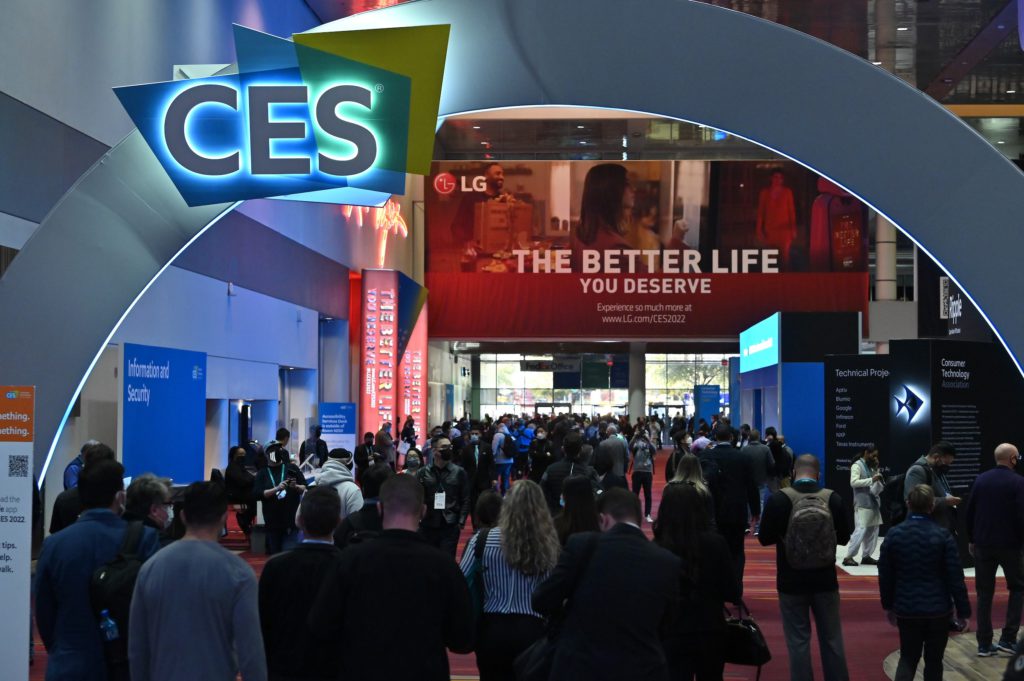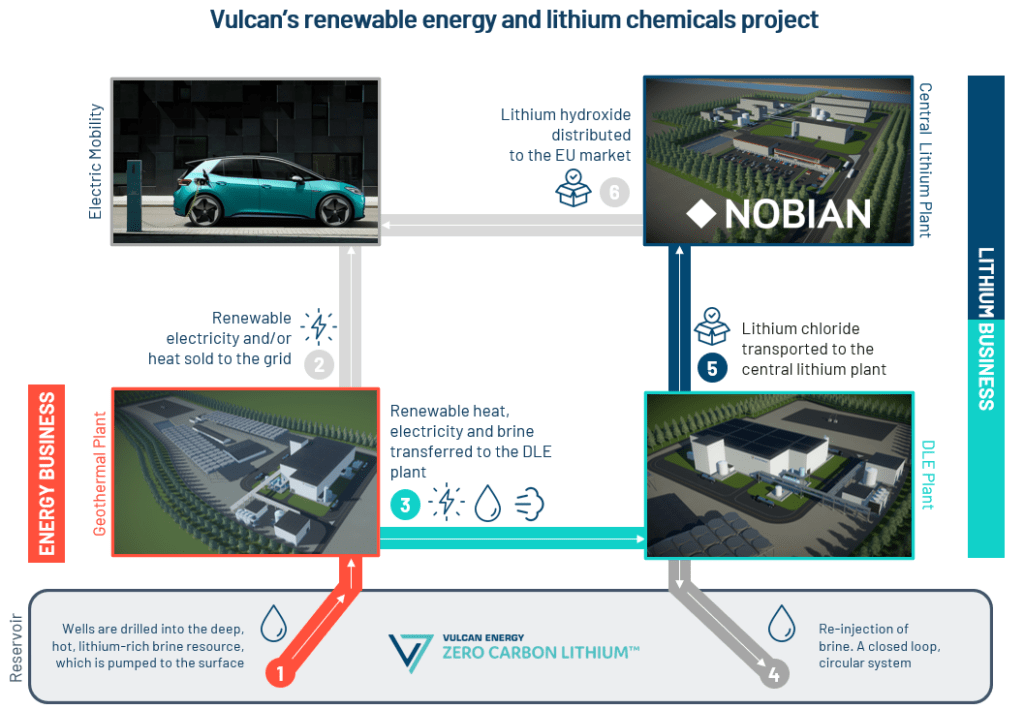The week’s automotive headlines – 15 January 2022
15 January 2022

Autovista24 takes a look at some of the biggest headlines from the past seven days. In this edition of the week’s automotive headlines, Hyundai continues its commitments to suitability, Shell swaps pumps for plugs, the UK’s smart motorway rollout is paused, and REE trials electric modular delivery platform.
Mercedes-Benz to build own drives
Mercedes-Benz wants to significantly increase the value of its next generation of electrically-chargeable vehicles (EVs), planning to roll out in-house production of electric drives from 2024. In an interview with German media Automobilwoche, Daimler’s head of development, Markus Schäfer, confirmed the company will produce the entire drive system for the new electric architectures MMA and MB.EA in-house from 2024. ‘To do this, we are significantly increasing the depth of added value and are switching from outsourcing to in-house production. Up until now, the electric drive trains have come from external partners,’ said Schäfer. So far, the carmaker has sourced the electric drives from suppliers such as ZF. Schäfer added the company wants to master the entire system of electric motor, battery and power electronics going forward. He confirmed that EV batteries of the vehicles will also use cells produced in-house. Mercedes-Benz is looking to ACC for the production of cells and is planning to build several factories. ‘We will also announce the construction of a factory for Europe with another partner in the near future,’ Schäfer revealed.
Swapping pumps for plugs
As part of a global pilot, Shell has converted one of its existing UK sites into an EV-only charging hub. Based in Fulham, London, the plug-in point now boasts nine ultra-fast 175kW chargers, capable of taking most EV batteries from 0%-80% in 10 minutes. Designed to spot-light sustainability, the station’s canopy is built with timber sheets and solar panels. Mirroring its other chargers in the UK, the plug-in points run on certified renewable energy. The site also includes a seating area, Wi-Fi, a café and a shop. ‘EV drivers are looking for a charging experience that is as fast, convenient and comfortable as possible,’ said István Kapitány, Shell’s global executive vice president for mobility. ‘This is exactly what Shell Fulham aims to offer.’
Tesla gets assertive
Tesla has announced that its automated driving assist system will feature three very different modes on its Model X. The ‘assertive’ mode will enable the vehicle to follow other vehicles more closely, change lanes more frequently and generally drive more defensively. Conversely, the ‘chill’ mode will leave more space when following traffic. Meanwhile, ‘average’ setting sets the driving mode somewhere in between, maintaining a medium distance between vehicles in front. The settings first came to light in October 2021, but were withdrawn due to software issues. However, they are now fully available. Tesla’s ‘assertive’ mode has drawn most interest, with many pointing to potential safety issues linked to an automated car which: ‘will have a smaller follow distance, perform more frequent speed lane changes, will not exit passing lanes and may perform rolling stops.’
Hyundai unveils sustainability project
Hyundai Motors this week announced a new project, called ‘Continue’, that will bundle its creating-shared-value (CSV) activities. The company said the project shows its commitment to a sustainable future, focusing on a range of environmental issues, including ghost net removing, upcycling resources in Europe, and rainforest restoration in Latin America. Last year, the South Korean manufacturer partnered with Dutch NGO Healthy Seas to collect 78 tonnes of ghost nets and marine litter, which it upcycled and used in some of its products, including floormats in the Ioniq 5. In its promotional video, the company highlights marine plastic pollution, showing how plastic bottles retrieved from the sea can be used as material for vehicles through various upcycling processes. Some of Hyundai’s other CSV activities focus on mobility, promoting safety and support. It has also made available a virtual driving simulator and a safety programme for school vehicles using big data technology.
UK government pauses smart motorway rollout
Plans to build new smart motorways in the UK, which see the hard shoulder removed in favour of spaced-out emergency laybys, will be halted until a full five years’ worth of safety data is available. At the same time, the Department of Transport will invest £900 million (€1.08 billion) on improving safety on existing stretches of ‘all lane running’ motorways. Smart motorways have been controversial since their inception in the UK, with concerns over cars breaking down in live lanes of traffic. A number of deaths have been attributed to vehicle occupants or road safety personnel being hit by other vehicles in such conditions. The investment in safety includes £390 million to install more than 150 additional emergency areas so drivers have more places to stop if they get into difficulty. This will represent around a 50% increase in places to stop by 2025. The rollout pause comes after a report from the Transport Committee was critical of DfT and Highways England, saying safety risks should have been addressed before the scheme began, and currently available data is ‘limited and volatile’.
REE trails P7 platform
REE’s new P7 delivery platform is built on specifications from ‘one of the world’s largest delivery companies.’ Flat from end to end, the design looks to maximise interior space, storing up to 35% more packages than comparable commercial vehicles. Alternatively, it can carry up to 30 passengers, making it a practical pick for both logistics and transit companies. Vehicles built on the P7 will be capable of nearly 600km in range, with a max speed of almost 130kph. REEcorner and X-by-Wire technology allows each can wheel to move independently. This means improved driving dynamics and safety with all-wheel steer, drive and brake options. The first prototypes will be made available for customer evaluation in the first quarter of this year, with trials taking place in the UK and Israel.



